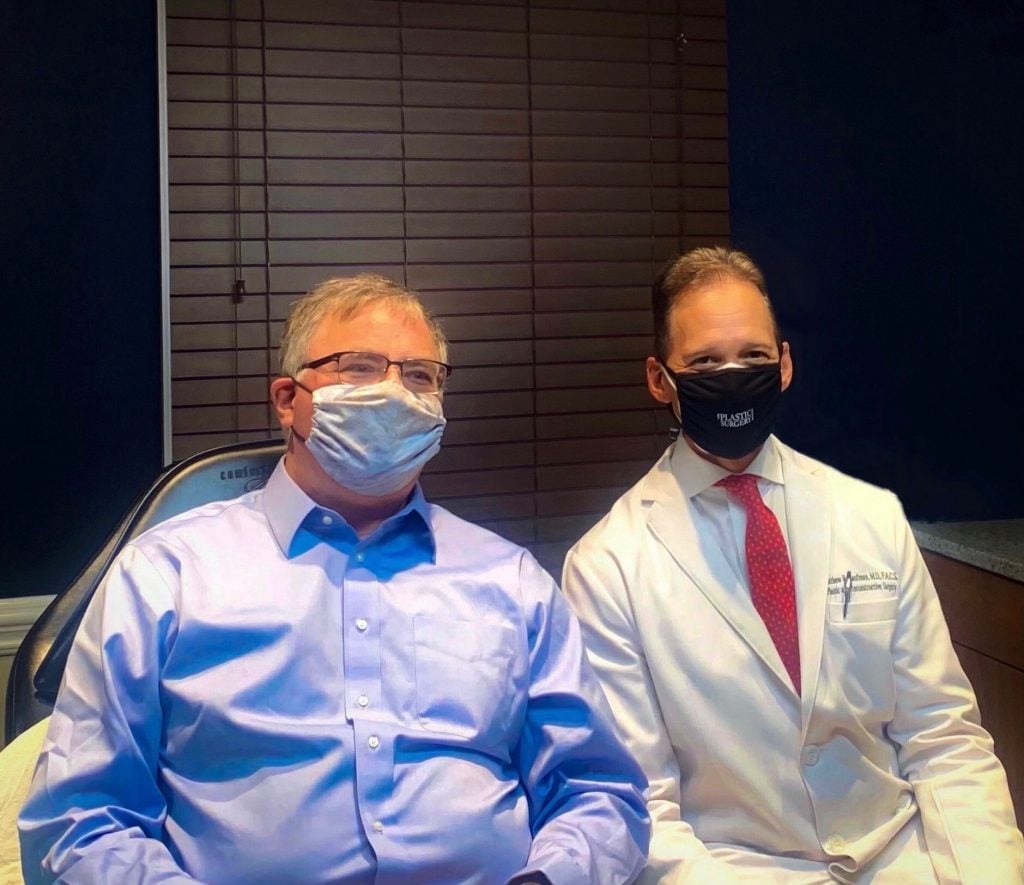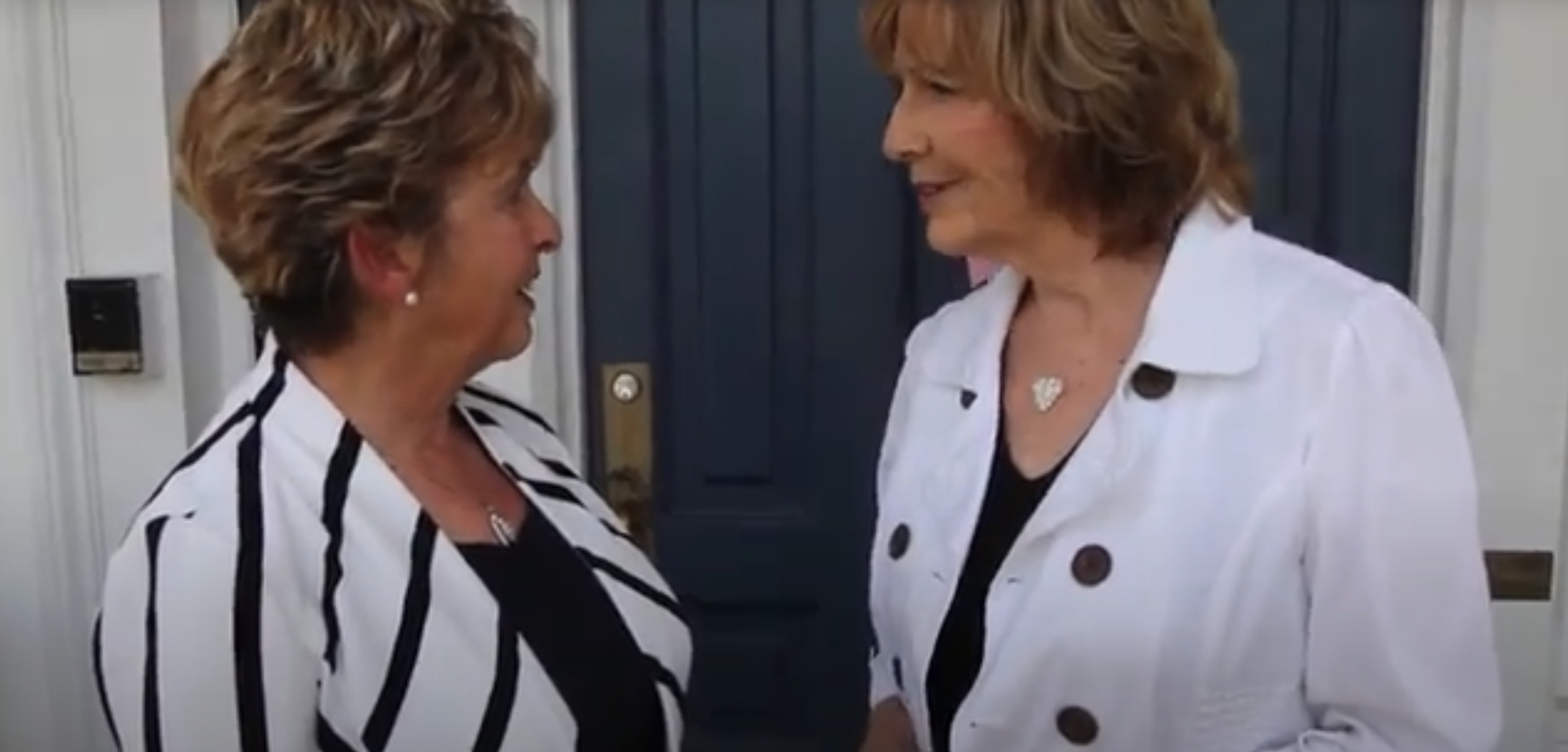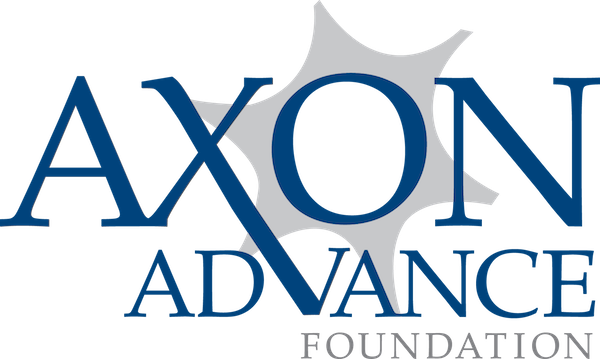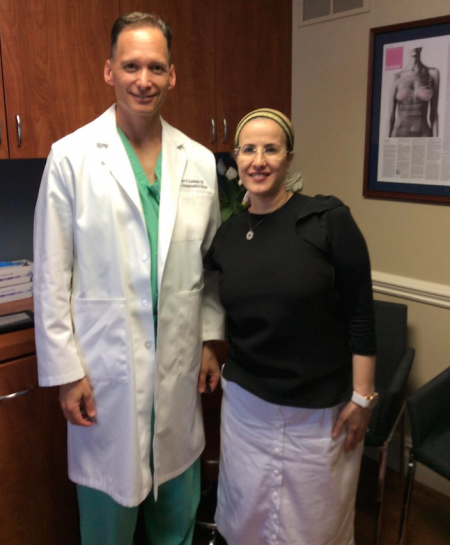Australian Don Bird Undergoes Successful Phrenic Nerve Surgery
“With this surgery, we have given Don Bird a chance to recover from his injury. My sense of the result is cautious optimism that in the months and years to come, Don Bird will see some improvement.” Dr. Kaufman
Don Bird waited a year and four hours for his phrenic nerve surgery–the year to raise funds and complete the pre-operative process to come to the U.S., and the four hours it took Dr. Matthew Kaufman to complete his surgery.
And while that surgery was successfully completed, it turns out it was among the most challenging procedure to date. Dr. Kaufman, who is the only surgeon he knows of to do this procedure in the U.S., and perhaps in the world, ranks this as the most complicated. The four-hour procedure was the longest of the 40 phrenic nerve procedures he has done. “This case has been among the most difficult,” he said.
The amount of damage Dr. Kaufman found in the patient–something that can only be determined once the surgery takes place–necessitated a nerve transplant. The most difficult and time-consuming aspect of the surgery was finding the two locations above and below the area of injury among all the scar tissue to which to attach the transplanted nerve, taken from Bird’s ankle.
“It may likely take the better part of a year until he notices some improvement,” said Dr. Kaufman following the surgery. “That’s how long it can take for a nerve graft to regenerate.” This is unlike those of Dr. Kaufman’s phrenic nerve patients–who don’t require an actual nerve transplant–who sometimes feel an immediate improvement.
Part of the difficulty of Don Bird’s case may have to do with the extent of time from the original trauma until the onset of phrenic nerve-related difficulties (Bird had eight cases of pneumonia within the past two years). Bird had a neck procedure for the removal of melanoma at the age of 17. That original trauma was 32 years ago. Dr. Kaufman’s patients usually average a year or two from the onset of the original trauma to the phrenic nerve surgery.
Perhaps the best endorsement of Dr. Kaufman’s surgery was the comment by guest observer Dr. Shaocheng Zhang, Professor, Chief Surgeon, Department of Orthopedics, Changhai Hospital. Dr. Zhang is the special invited guest who traveled from China to be part of the November 5th symposium, Solutions for Spinal Cord Injury, Paralysis, and Neuropathy, with the doctors from The Institute for Advanced Reconstruction.
Following the surgery, Dr. Zhang, a world leader in the area of his specialty, told Dr. Kaufman, “You did a good job under the circumstances.”
Concludes Dr. Kaufman, “With this surgery, we have given Don Bird a chance to recover from his injury. My sense of the result is cautious optimism that in the months and years to come, Don Bird will see some improvement.”
Dr. Kaufman will next see the patient on Sunday morning, with subsequent appointments to make sure Bird is stable before returning to his native Australia.





